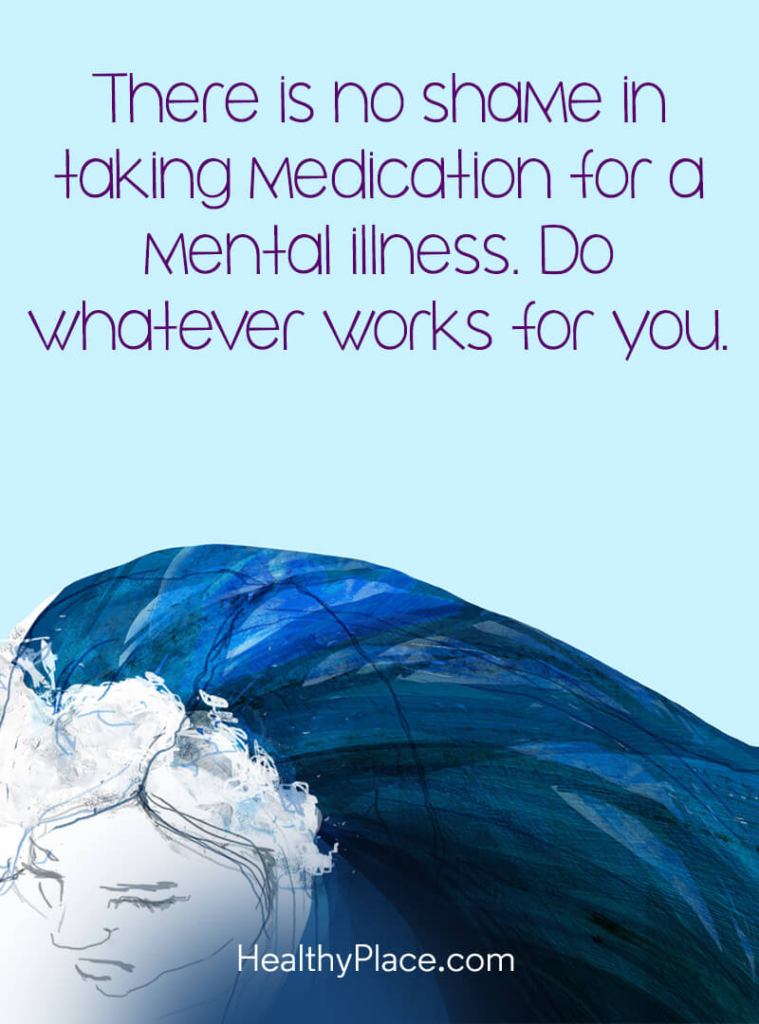
Mental health is a vital component of our overall well-being, yet navigating the treatment landscape can often feel overwhelming. For many, medication can be a crucial part of managing conditions like anxiety, depression, and more. However, finding the right medication isn’t always straightforward. As someone who has personally been exploring mental health medications, including Paxil, Ativan, Zoloft, and Lexapro, I’ve gained valuable insights into the complexity of medication management.
Understanding Mental Health Medications
Mental health medications fall into several categories, including antidepressants, anxiolytics, mood stabilizers, and antipsychotics. Each class of medication works differently and may be more suitable for certain individuals based on their unique biochemical makeup and mental health needs.
My Journey with Mental Health Medications
- Paxil (Paroxetine): My experience with Paxil was an eye-opener. Initially, the medication seemed to alleviate my anxiety symptoms, providing much-needed relief. However, I soon began experiencing troubling side effects, including weight gain and a general feeling of emotional numbness. It became evident that while Paxil worked for some, it wasn’t the right fit for me.
- Ativan (Lorazepam): Next, I was prescribed Ativan, a benzodiazepine typically used for short-term relief of severe anxiety. While it worked quickly to calm my racing thoughts, I quickly learned about its potential for dependency. After using it for a while, I found that my anxiety returned as soon as the medication wore off, often leaving me in a cycle of reliance.
- Zoloft (Sertraline): My journey continued with Zoloft, a widely prescribed SSRI (selective serotonin reuptake inhibitor). At first, I felt like Zoloft was offering a glimmer of hope, helping me to engage more in daily activities. However, over time, I encountered some frustrating side effects, including fatigue and vomiting. It was discouraging to realize that improvement in my mental health also came with some unwelcome trade-offs.
- Lexapro (Escitalopram): Most recently, I’ve been trying Lexapro, another SSRI. Compared to my previous experiences, at first I found Lexapro to be a gentler option, with fewer side effects. It’s important to note that every individual’s response to medication can be different. In the beginning Lexapro helped, now I am on the highest dose which is 20mg. I feel that it has began to cause more damage than good for me.

The Risks of the Wrong Medication
Navigating medications for mental health is often a trial-and-error process. It’s essential to recognize that the wrong medication can have negative effects. From increased anxiety, emotional flatness, and weight fluctuations to insomnia and decreased sexual desire, side effects can impact not only our mental health but our overall quality of life.
Moreover, if a medication doesn’t seem to be working or is causing adverse effects, it can lead to feelings of frustration, hopelessness, and isolation. The sense that you’re stuck in a cycle of trying medications that don’t provide relief can be mentally draining.
Finding the Right Path
In my journey, I’ve learned that patience and open communication with healthcare providers are vital. It’s essential to work closely with a psychiatrist who understands your unique situation and can help tailor a treatment plan that fits your needs. Regular follow-ups can allow for adjustments in medication or dosage based on your experiences and side effects.
Additionally, medication is not a standalone solution. Therapy, lifestyle changes like exercise and nutrition, mindfulness practices, and support networks can be crucial components of a holistic approach to mental health.
Conclusion
The road to finding the right mental health medication can be challenging, filled with ups and downs. My personal experience with Paxil, Ativan, Zoloft, and Lexapro has reinforced the understanding that the right medication can significantly improve quality of life, but the journey requires transparency, patience, and a willingness to advocate for oneself.
If you or someone you know is struggling with mental health, remember that you are not alone. Seek support, keep an open dialogue with your healthcare provider, and don’t hesitate to explore different avenues of treatment. The right path to mental wellness is unique to each individual, and with persistence and support, it is possible to find the relief you seek.
My journey with finding the right medication is not over. If you feel you have tried several and they are not working. Don’t give up the right one may be out there for you, and if it isn’t explore other options. JUST DON’T GIVE UP!! YOU’VE GOT THIS AND SO DO I!

Much Love,
Samantha McCartha
